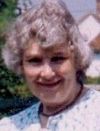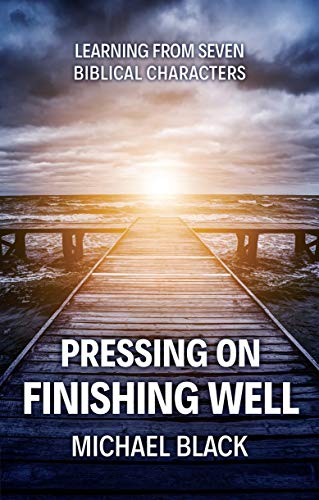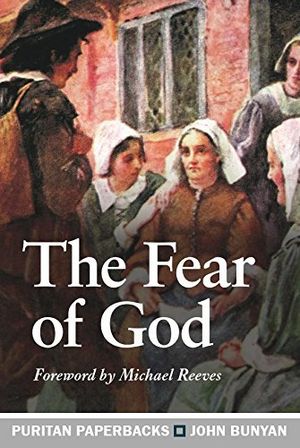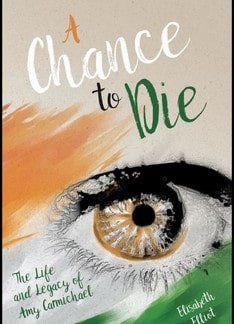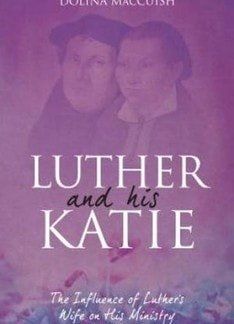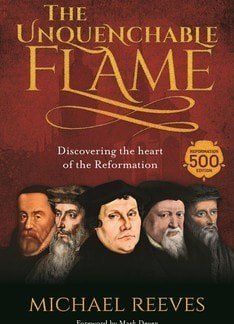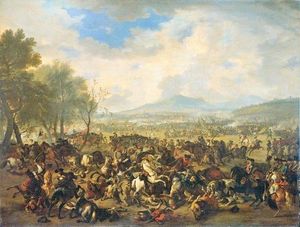My mother! When I learnt that you were dead,
Say, were you conscious of the tears I shed?
In these words the poet and hymn writer William Cowper recalled his grief over the death of his mother in 1737. The loss left deep scars on the sensitive six-year-old, for Ann Cowper, only thirty-four when she died, had been a gentle and loving mother.
The immediate cause of her death was the birth of her seventh child, a brother for William to be named John. Although his bereavement would seriously affect William, this new brother proved an immeasurable consolation to him in future years. Of the rest of the family, two died in infancy and three others during childhood. Only John and William survived to adulthood and the two boys became close companions.
Forecast
When he was ten William became a pupil at Westminster School, while John attended primary school in Essex. During his schooldays an incident occurred that affected John for the rest of his life.
A travelling gypsy passed by one day, begging as he went and offering to tell people’s fortunes. Clothed in a soldier’s old red coat, the gypsy immediately attracted the attention of several boys.
Scrutinising the palm of John’s hand, he told him that he would soon leave his present school, attend a larger one, then progress to university. Later he would be sadly disappointed in love and remain unmarried. Then the fortune teller looked puzzled. At last he announced that after the boy reached the age of thirty his future was clouded in obscurity.
Unsettled by such a forecast, John was amazed when he was unexpectedly transferred to a larger school. Gradually each detail of the gypsy’s prophecy was fulfilled. But what would happen to him after he was thirty? The troubled young man could only assume that he was destined for an early death.
William’s breakdown
Both William and John made good progress academically – John at Cambridge where he gained accolades for his skills in the ancient languages, and William in the legal profession. Soon John would proceed to a career in the church, first as a curate in Orpington, Kent, and then in Cambridge. Both composed verse ably and often wrote to each other in rhyme.
When William suffered his first mental breakdown in 1763 his brother John was at his side, doing his best to support him. He and another close friend put William under the kindly care of Dr Nathaniel Cotton, who had set up a refuge for the mentally ill in St Albans. Here Cotton watched over his patients with spiritual wisdom and unusual understanding by eighteenth-century standards.
John Cowper regularly travelled from Cambridge to visit William. But despite being a diligent clergyman he found it almost impossible to comprehend the spiritual despair into which his brother had sunk.
‘Perhaps’, thought William, ‘I have committed the unforgivable sin; perhaps God is reserving me for eternal judgement; perhaps even hell is too good for me. That is why my attempts at suicide failed’. But at last came a day when the light of God’s forgiveness and mercy began to dawn in William Cowper’s distressed mind.
There is still mercy
John noticed the improvement in his brother’s condition. But when William suddenly reverted to his old fears and blurted out that he must be damned – too great a sinner to receive the grace of God – John’s patience snapped. ‘You are under a delusion’, he cried.
‘A delusion?’ echoed William, bursting into tears. ‘If it be a delusion then I am the happiest of all beings’. Could he possibly be mistaken? Then there might yet be hope.
All that day, as William later testified, a voice at the back of his mind kept whispering, ‘There is still mercy’. And mercy there was for William Cowper. Not many days later as he was reading Paul’s Epistle to the Romans he was able to record, ‘I received strength to believe, and the full beams of the Sun of Righteousness shone on me. I saw the sufficiency of the atonement Christ had made’.
Fears revived
But John could not understand. Surely God requires nothing more than an upright life? And of all men John Cowper was the most patient, kindly and morally conscientious. Yet even he could not fail to observe his brother’s new peace and joy.
William could not stop talking about it. Every time they met, he would ‘pour out his heart before him without reserve’. At first John responded with religious conversation -trying to persuade William that they were saying the same thing but in different ways. But William knew it was not so.
This continued for about two years – the brothers meeting frequently now that William had moved to Huntingdon in Cambridgeshire to be near John. Gradually, however, a change was coming over John. He no longer wished to talk about such topics.
Each time a religious subject was raised he fell silent. When William moved away to Olney to be under John Newton’s preaching, the brothers saw far less of each other. Sometimes, however, John came to stay in Olney and would dutifully listen to Newton preaching in the parish church – but always without comment.
But John Cowper was a troubled man. He was approaching the age of thirty and wondered how much longer he had to live. Then what? To make matters worse, as he stood chatting to a friend one day he suddenly saw something that made his blood run cold. ‘Did you see that man?’ he demanded. ‘No’, replied his friend. It was the very same gypsy who had first read John’s palm.
The young man’s fears flooded back and intensified. Anxiously, he looked up the road, but the gypsy had disappeared.
No concern
Soon after this William received a message to say that his brother, now thirty-two, was seriously ill and not expected to live. Setting out immediately for Cambridge, William found John with the alarming symptoms of advanced tuberculosis. ‘He cannot live long’, warned his physician.
William was dismayed that John had apparently no concern for his eternal destiny. Instead of reading books that might help him, his bed was strewn with novels and plays – clearly to divert his attention from more serious thoughts. Nothing William said seemed to affect his brother.
Then, to the surprise of all, John regained strength and after ten days was well enough for William to return to Olney.
But five months later on 16 February 1770 John suffered a relapse. Once again William hurried to Cambridge. Now it was evident that the end was close. Still John showed no concern for his soul.
William constantly turned the conversation to spiritual issues, but John merely listened politely. Then one night William asked his sick brother if he would like him to pray with him. To his surprise John seemed glad and afterwards by looks and manner appeared unusually gentle and loving.
Extraordinary change
A violent and prolonged attack of asthma on 21 February heralded a sharp turn for the worse. William sat by John wrestling in prayer for him, fearing he might die at any moment. After the attack had subsided John said weakly, ‘I only wish it might please God to enable me to suffer without complaining. I have no right to complain’. That was unusual.
Throughout the next two weeks John seemed full of self-abasement and spoke often of his need for mercy. Surely, thought William, God’s Spirit is striving with John.
Then an extraordinary spiritual change took place. On 10 March at 3.00 in the afternoon John suddenly cried out, ‘O do not forsake me!’ To William’s astonishment he realised that John was praying.
And the God of mercy did not forsake the dying man. ‘Brother,’ John declared, ‘whether I live or not, all is now well, and will be so. I have felt what I never felt before and am sure that God has sent this sickness to teach me what I was too proud to learn in health’.
Dying happy
John told his astonished brother that he had often secretly longed to know God as his brother did, but could now say from his heart, ‘Were I to die this night I would die happy’. As his strength ebbed away he spoke less and less, but what he did say brought William untold consolation.
‘Alas, what would have become of me if I had died seven days ago! What could I plead? My own righteousness? That would have been no help to me! At last I have an interest in Christ, in his blood and in his sufferings, and my sins are forgiven me’.
‘Brother, I am as happy as a king’, whispered John Cowper just before he died on 20 March 1770. He had indeed found the grace and mercy of God at the eleventh hour.

